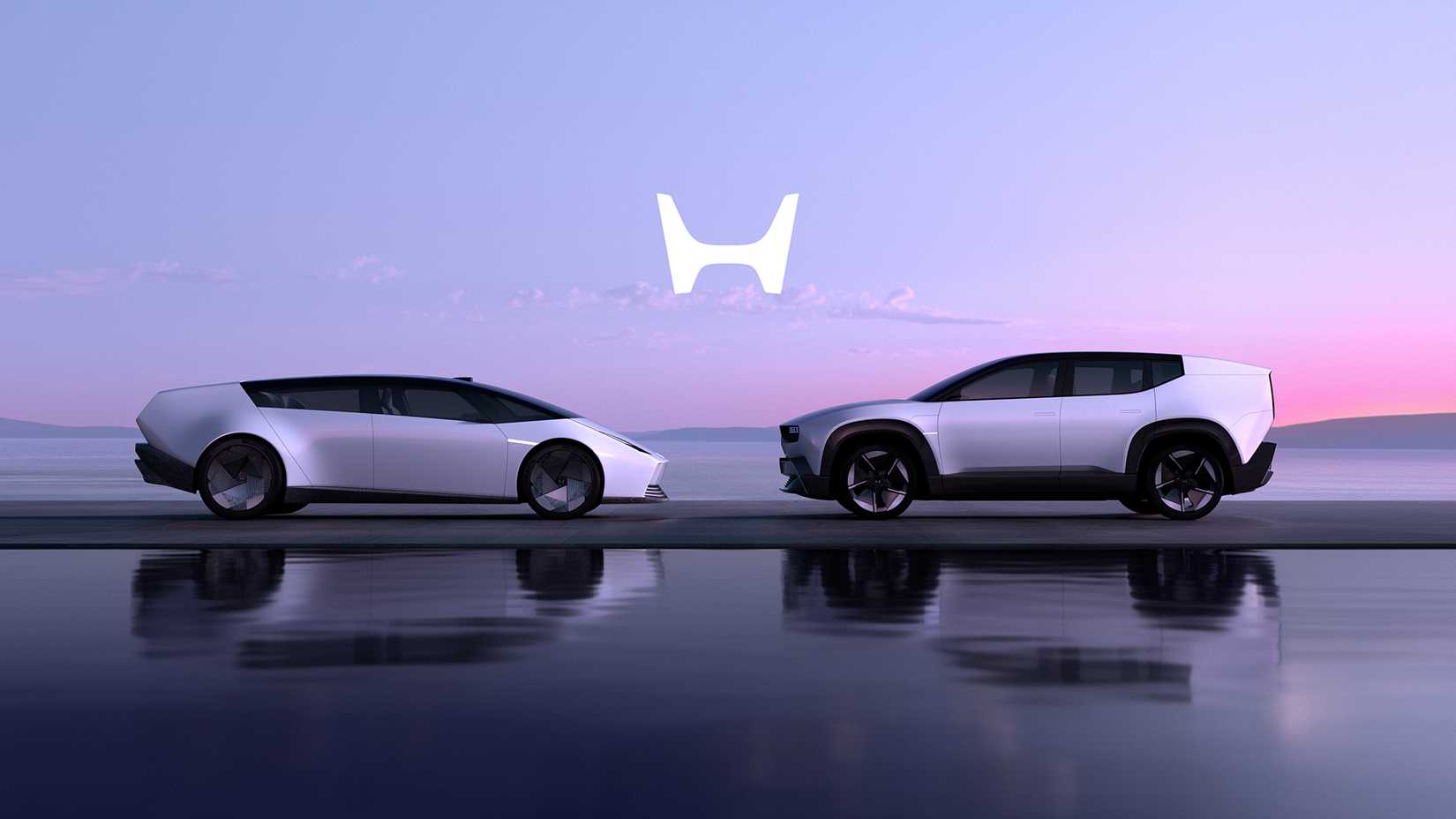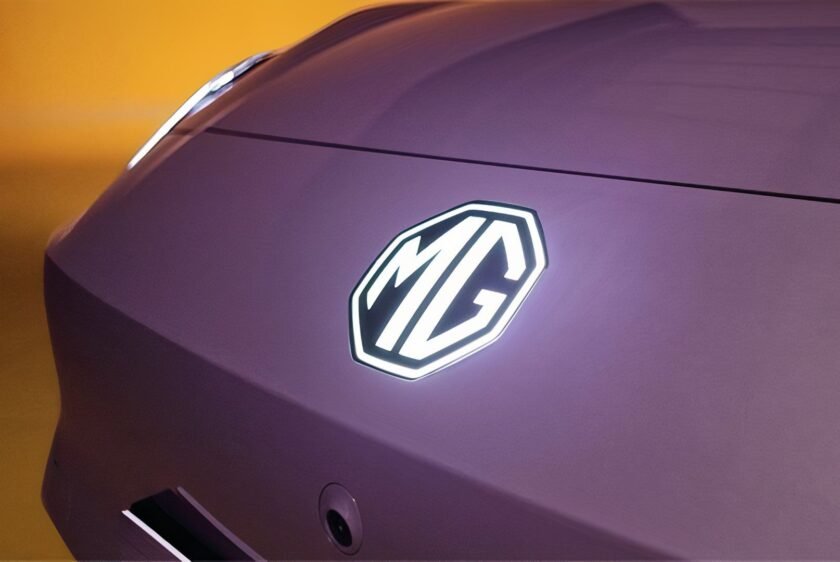
Tyler began his love for the automotive world from in front of a television screen, playing games like Gran Turismo and Need For Speed. While cars have always been his passion, he pivoted towards studying the English language and working as an academic editor. He decided to return to what he loved, putting his love for cars and technology out there for the world to see, writing about everything automotive. He is a proud life-long learner, looking for any opportunity to grow his knowledge base and expand his horizons.
Electric vehicles have long been limited by the trade-offs between range, charging speed, and cost, but a new breakthrough is rewriting the rulebook. A recently launched EV is the first to hit the road with a semi-solid-state battery, a technology that bridges the gap between today’s lithium-ion packs and the long-promised fully solid-state cells.
This next-generation design boosts energy density while improving thermal stability, allowing longer driving distances on a single charge and dramatically shorter recharge times. It also reduces the risk of overheating, a key safety concern for conventional batteries. The result is an electric car that offers performance and convenience far closer to traditional gas vehicles, without sacrificing the sustainability drivers expect.
Industry analysts see this as a pivotal moment in the shift to electric mobility. By moving semi-solid-state batteries from the lab to the showroom, this EV demonstrates that the future of high-range, fast-charging electric cars isn’t decades away, it’s arriving right now.
In order to give you the most up-to-date and accurate information possible, the data used to compile this article was sourced from various manufacturer websites and other authoritative sources.
The MG4 Gets a Semi-Solid-State Battery Before Its Competition
For as long as electric vehicles have been around, solid-state batteries have been touted as the ‘holy grail’ of battery technology. After years of promises that they are just around the corner, the first solid-state battery is set to hit the market. It will find itself firmly planted inside the MG4 from China.
The MG4 is an Affordable Electric Hatch
- Starting MSRP: RMB 68,800 (~$9,650 USD)
- Power Output: 161 Horsepower
- Drivetrain: Single-motor, front-wheel drive
- Infotainment System: 15.6-Inch Touchscreen
While many of us car enthusiasts will know MG as a British automaker known for its sports cars from the 30s through to the 60s, the brand has changed a lot. It was acquired by SAIC, a Chinese state-owned company, and has been putting out relatively dull commuter cars ever since.
The MG4 is the brand’s small electric hatchback. Despite launching back in 2022, production has already begun for the second generation for the nameplate. It launched earlier this year, based on SAIC’s E3 electric car, and it comes loaded with pretty impressive amounts of equipment considering its starting price.
This car may be primarily Chinese, but it is solid worldwide. It has been sold in massive markets around the world, including key areas of Europe, Africa, Asia, and Australasia.
The MG4 Anxin Edition Gets the Semi-Solid State Battery
Not every model will come with a solid-state battery. Most models will come equipped with a lithium-ion phosphate battery pack, with two on offer. The base pack features 42.8 kWh of usable capacity while the upgraded unit has a capacity of 54 kWh. This gives the MG4 between 272 and 329 miles of range on a single charge.
However, a top-trim has been announced, dubbed the Anxin Edition, which will feature the new semi-solid state battery pack. Its considered a semi-solid state battery pack because around five percent of the electrode will be liquid. This battery pack promises a much higher energy density, meaning that you’ll get much more usable capacity than the traditional lithium-ion packs.
SAIC hasn’t announced official capacity or range figures for the MG4 Anxin Edition, so we’ll still have to wait to see just how good it is. Regardless, this is the first time a solid-state battery of any kind will be used in a mass-produced EV, something that will completely change the tone of the market.
Why Solid-State Batteries Will Be a Game Changer
We hear about solid-state batteries all the time, with automakers claiming that they will completely reshape the EV market forever. However, what are they actually, and how do they improve things over traditional lithium-ion batteries? From increased capacity to faster charging, solid-state batteries really are the future.
Pros of Solid-State Batteries
- Much higher energy density
- Faster charging rates
- Much longer lifespans
- Generally safer
- Lighter weight
Where lithium-ion batteries make use of a liquid electrolyte, solid-state batteries use a solid one, usually in the form of a powder. This essentially means that solid-state batteries are much denser, with the ability to store more energy for its size compared to lithium-ion batteries. They also last a lot longer, meaning you likely won’t have to worry too much about replacing your EV’s battery.
As a result, solid-state batteries don’t have to be as large or as heavy as lithium-ion batteries do, and they will end up holding more charge. They are also capable of charging at much higher rates. This means that, as long as existing infrastructure is upgraded, you should be able to fully charge almost as quickly as you fill your car with gas.
Cons of Solid-State Batteries
- High costs of production
- Limited scalability
- Sensitive to temperature
- Compatibility challenges
- Uncertain long-term durability
Above are the traditional downsides to the adoption of solid-state batteries. However, as technology has developed, many of these cons have begun to be addressed. There are still a lot of unknowns and costs associated with producing solid-state batteries. As more research is done, though, downsides are being mitigated.
The semi-solid-state battery in the MG4 EV is produced by Suzhou Qingtao Power Technology, which is a well-established leader in the research and development of solid-state batteries. This helps SAIC bypass a lot of the production costs associated with developing their own solid-state battery. The firm has also promised improved cold-weather performance over lithium-ion batteries, which is something that is generally considered a weakness of solid-state batteries.
While the firm has claimed to find ways around a lot of the issues associated with solid-state batteries, these claims should be taken with a grain of salt for now. Many experts in the world of solid-state batteries still have a ton of reservations regarding the mass-adoption of the technology.
Other Automakers Could Scramble to Follow the MG4

The race to be the first automaker to release a mass-produced EV with a solid-state battery pack may be over, but that doesn’t mean that the pressure is off. There are a number of other automakers who have shown a comitment to developing the battery packs and getting them into their cars as soon as possible.
Other Automakers Working on Solid-State Batteries
|
Automaker |
Expected Production Date |
|---|---|
|
Toyota |
2027-2028 |
|
Volkswagen |
2027 |
|
Nissan |
2028 |
|
Hyundai |
2030 |
There are a ton of automakers working on producing and delivering solid-state batteries around the world. However, even the most well-resourced automakers have given pretty conservative estimates of when we can expect the new battery technology. Many of the above really expect mass adoption of the technology to take place closer to 2030. It is extremely expensive to mass-produce, which has been a core drawback.
A lot of automakers have also invested in third-party power companies who specialize in developing technologies. This cuts costs to the automaker because it is obviously much cheaper to have a battery company mass produce batteries than it is to build new factories yourself.
The only automaker that at least seems close to mass-producing batteries right now is Honda. Not all that long ago, they opened a pilot production line, with plans for a full-scale line in the not too distant future.
The MG4 Puts the Pressure On
The market for electric vehicles is constantly changing, making it incredibly volatile. Automakers are forever having to adapt to new standards and new technology in order to survive, otherwise they become obsolete. We’ve seen just how quickly EVs depreciate, and it is for exactly this reason.
With a new car being developed that features a form of solid-state battery technology, there is now more pressure than ever before to roll out the technology. Although it came from an unlikely source, automakers are going to have to compete with the MG4 in a number of different markets, and thats going to be hard if they truly have gotten the balance between price and performance right.





